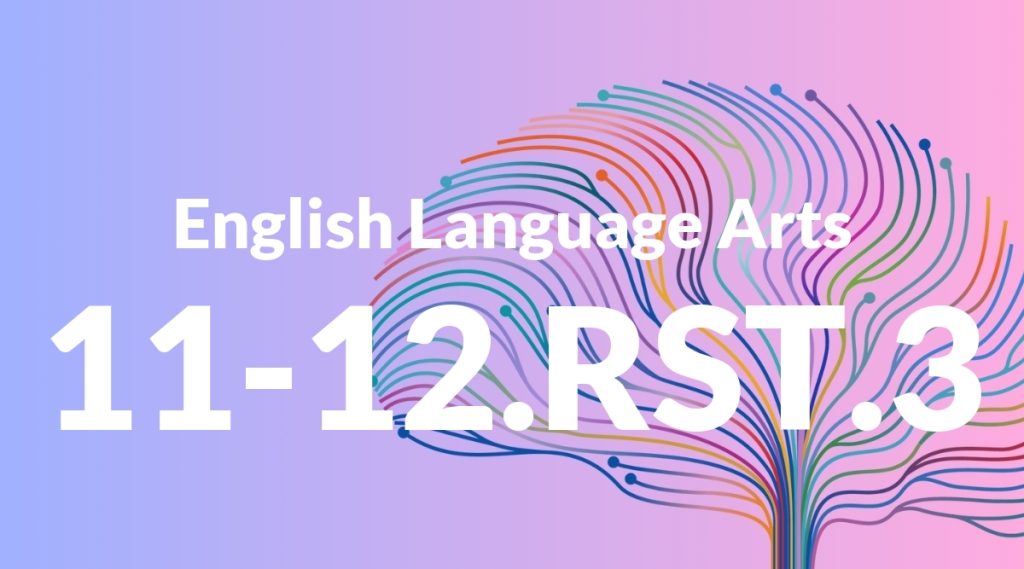Standard: 11-12.RST.3 – Follow precisely a complex multistep procedure when carrying out experiments, taking measurements, or performing technical tasks; analyze the specific results based on explanations in the text.
Grade level: Grade 11-12
Subject: English Language Arts
Domain: Science & Technical Subjects
Teacher Overview
This standard emphasizes the importance of precision and accuracy in carrying out complex multistep procedures in scientific and technical contexts. It is crucial for students to follow detailed instructions meticulously and analyze results based on textual explanations, which prepares them for advanced scientific and technical tasks. Students should be comfortable with basic procedural tasks and have a foundational understanding of scientific and technical terminology.
Mastering this standard prepares students for more complex scientific and technical tasks, enabling them to conduct independent research and technical work with precision and accuracy.
Common Misconception 1
Some students may think that skipping steps in a procedure is acceptable if they understand the overall process. This is incorrect because each step is crucial for ensuring accuracy and safety.
Intervention 1
To address this misconception, provide hands-on activities that show the consequences of missing steps, such as failed experiments or unsafe outcomes.
Common Misconception 2
Another common misconception is that analyzing results does not require referencing the text. This is incorrect as the text provides critical context and explanations necessary for accurate analysis.
Intervention 2
Encourage students to always reference the text by integrating text-based questions and prompts during analysis activities.
Prerequisite Knowledge
Students should have a basic understanding of following simple procedures, familiarity with scientific and technical vocabulary, and foundational skills in reading and interpreting technical texts.
Subsequent Knowledge
After mastering this standard, students will be able to independently conduct complex experiments and technical tasks with precision and analyze outcomes to draw informed conclusions.
Instructional Activities
- Lab experiments with detailed procedural steps
- Technical task simulations with step-by-step guides
- Measurement and data analysis exercises
- Text-based analysis of scientific results




